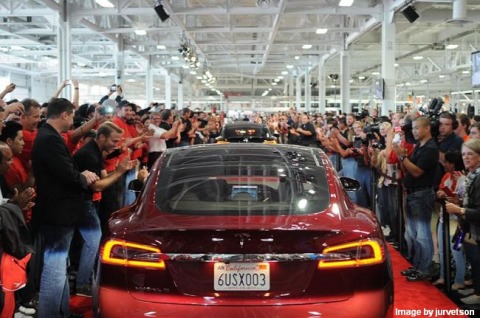
According to the law of demand, the higher the price of the product, the less is consumed. In his 1899 book Theory of the Leisure Class, progressive economist Thorstein Veblen tweaked the noses of his colleagues by suggesting that this isn’t always true. Up to a point, the amount of prestigious items consumed by the wealthy may increase as the price goes up. He called this “conspicuous consumption” – buying to show off.
Today we have a new twist on conspicuous consumption: Buying to show off not just how fashionably wealthy you are, but also how fashionably virtuous you are. Almost always the supposedly more virtuous products are more expensive too, so the two kinds of flaunting are combined. Moviegoers in upscale theatres snack on edamame instead of greasy popcorn, showing how virtuously they take care of their bodies. Drivers of upscale cars purchase all-electric vehicles, showing how virtuously they take care of the environment. Activists who zip from engagement to engagement in jet planes buy carbon offsets, showing how virtuously they atone for their guilt.
In one of the ironies of history, progressivism has become a fetish of the comfortable, and the people who most conspicuously practice the new form of consumption are Veblen’s ideological heirs.
But it is all highly selective. You won’t find many people spending money to show off their chastity, modesty, or humility.
That would be tacky.
Tomorrow: A Dialogue on Natural Law, Part 6 of 10